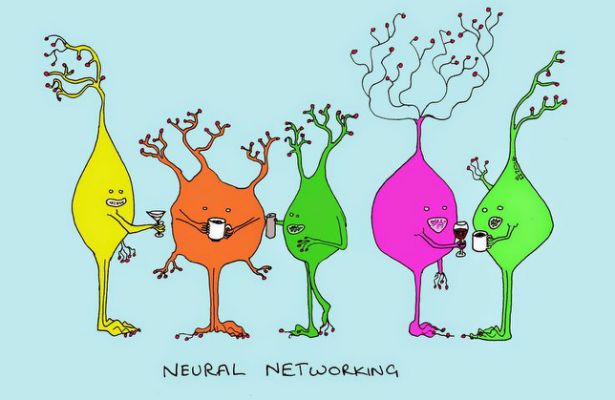I am a Clinical Neuropsychologist, with many years experience working with multidisciplinary neuro-rehab teams treating children and young people. I hold the specialist Qualification in Clinical Neuropsychology awarded by the British Psychological Society (BPS). This means that I have additional training and expertise recognised to the highest standard by the BPS. I have Bond Solon training in expert witness report writing and court attendance.
Neuropsychology is the study of brain behaviour relationships, including how we learn and remember, accumulate knowledge and learn new skills to help us function in life. A disruption to normal brain development, from a Traumatic Brain Injury (TBI), Acquired Brain Injury (ABI), or a disease or infection such as encephalitis, meningitis, stroke can result in a neuropsychological deficit. Some neurological conditions such as epilepsy can also cause disruption to a child’s behaviour and learning.
Deficits can include problems with: memory, speech and language, attention and concentration, organising and planning, motor skills, aggressive behaviour and or personality changes that are out of keeping with a child’s typical profile. The consequences of these can and do impact upon learning and performance in school, and result in stress in the home as families try to manage and cope with the difficulties. Children can also become depressed coming to terms with their difficulties and the impact this may have on their quality of life.
Assessments for Attention Deficit Hyperactivity Disorder are also provided.
I Provide Two Services
Expert witness assessments and reports for court.
These are usually Cognitive/neuropsychological reports to understand the impact that an acquired or traumatic brain injury has had on a child’s post injury learning, development and prognosis.
Neuro-rehabilitation for children and adolescents, usually as part of a treating multidisciplinary team
This will involve broader behavioural assessments, taking into account the type of injury the child has acquired and the impact that this has on the child’s learning, relationships and family functioning. These assessments help me to understand a child’s personality, how a child learns, and why they might behave the way they do. Realistic interventions, goals plans can then be tailored to help manage difficulties and promote more adaptive behaviours. Sometimes this means making changes to the child’s home and school environment. This may include compensating for a skills deficit by removing particular stressors, or teaching and training children relearn skills or acquire new ones.
All children are different, and although certain brain injuries can result in specific types of problems, it is essential that individualised assessments consider the child as a unique individual, both before and post injury. Each child and family’s response to injury and coping mechanisms will vary.
What kind of issues can I help with?
© 2025 Dr Susan Bruce. All Rights Reserved


